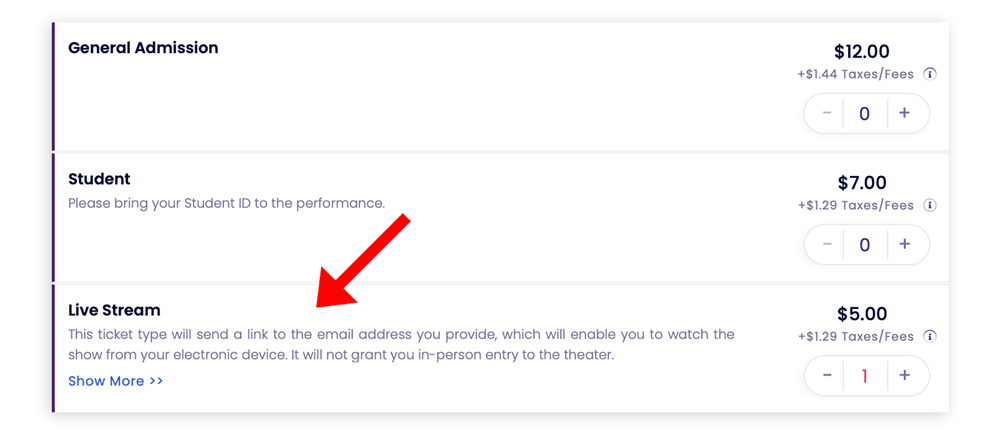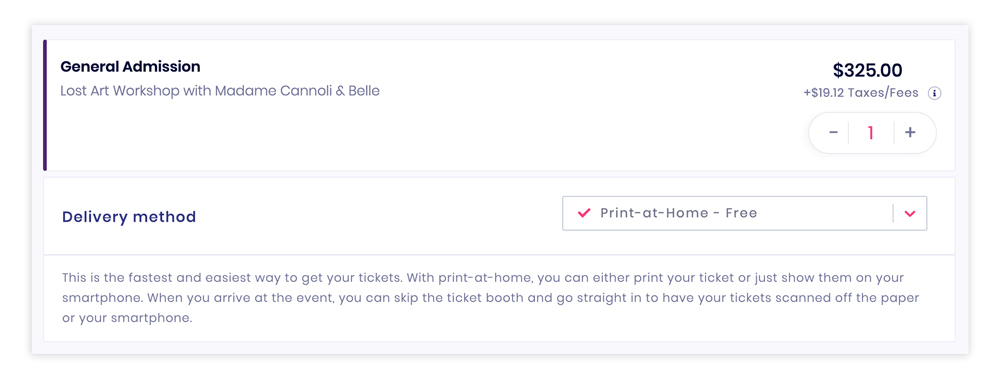Combining Digital Strategies and Technology for In-Person Events
In the modern event landscape, the convergence of digital strategies and technology with in-person gatherings has become a game-changer. The COVID-19 pandemic accelerated the adoption of digital solutions in the events industry, but as we move beyond the crisis, it's clear that the benefits of keeping digital in the mix are here to stay.
In this blog, we will explore how event planners can seamlessly integrate digital strategies and technology into their in-person events and the numerous advantages of doing so.

The Hybrid Approach
The key to a successful modern event strategy is finding the right balance between physical and virtual elements. By doing so, you can maximize engagement, accessibility, and the overall impact of your event. Here's how to achieve this hybrid approach:
1. Live-streaming and Virtual Components:
One of the most straightforward ways to incorporate digital into your in-person event is by offering a livestream of the event proceedings. This enables people who can't attend in person to participate remotely.
Consider including features like
- Q&A sessions
- live polls
- chat functions
- gamification
All are great for engaging virtual attendees and making them feel part of the experience.
2. Event Apps and Platforms:
Invest in event apps or platforms that provide attendees with real-time information, networking opportunities, and interactive features. These tools can help streamline event logistics, enhance engagement, and keep attendees informed about the schedule and any last-minute changes.
-
Purplepass: Purplepass is a widely used event management and ticketing platform. It allows event planners to create, promote, and manage events of all sizes. We provide features like online ticketing, event marketing, and attendee management, making it an excellent choice for a variety of events.
-
Bizzabo: Bizzabo is an all-in-one event platform that offers tools for event registration, marketing, engagement, and analytics. It enables event planners to create branded event websites, mobile apps, and virtual or hybrid event experiences. Bizzabo also provides networking features to facilitate connections among attendees.
-
Whova: Whova is a comprehensive event management and engagement platform. It offers event planners tools for registration, event marketing, live polling, and a virtual conference platform. Whova's networking features include attendee profiles, private messaging, and virtual business card exchange.
-
Cvent: Cvent is a versatile event management platform used for planning, promoting, and executing events. It offers features like event registration, attendee management, email marketing, and venue sourcing. Cvent also provides analytics and reporting to help event planners optimize their strategies.
- EventMobi: EventMobi is a customizable event app and website builder that offers features like attendee registration, agenda management, gamification, and live polling. It helps event planners create engaging and interactive event experiences.
3. Social Media Integration:
Leverage social media platforms to create buzz before, during, and after the event. Encourage attendees to share their experiences, photos, and insights using event-specific hashtags. This not only amplifies your event's reach but also creates a sense of community among attendees, whether they're on-site or online.
4. Hybrid Sessions and Workshops:
Design sessions and workshops that cater to both in-person and virtual attendees. Utilize video conferencing tools to connect remote speakers and participants. This approach allows you to tap into a global audience while maintaining the intimacy of a physical gathering.

Keeping Digital in In-Person Events
Now that we've discussed how to integrate digital strategies and technology, let's delve into the advantages of doing so.

1. Increased Accessibility:
Perhaps the most significant benefit of hybrid events is the ability to reach a broader audience. Virtual components make your event accessible to individuals who might face geographical, financial, or physical barriers to attending in person.
This expanded reach can lead to more significant attendance and engagement.
2. Enhanced Engagement:
Digital tools and technologies provide countless opportunities to enhance attendee engagement. Live polls, interactive Q&A sessions, and virtual networking rooms encourage active participation, making your event more memorable and valuable for attendees.
3. Valuable Data Insights:
Digital components generate a wealth of data that can help you refine your event strategy. Analytics from virtual sessions, attendee interactions on event platforms, and social media metrics provide insights into attendee behavior, preferences, and areas for improvement.
Use this data to optimize future events.
|
Get custom reporting on events Build the reports and data you need |
4. Cost-Efficiency:
While in-person events incur various expenses, integrating digital elements can help manage costs. Virtual attendance options reduce the need for larger venues, catering, and travel expenses. This cost-efficiency can be a game-changer, especially for smaller businesses and organizations.
5. Sustainability:
Digital elements also contribute to the sustainability of your events. By reducing the need for physical materials like brochures and pamphlets and minimizing carbon emissions from travel, you can position your event as environmentally responsible, appealing to eco-conscious attendees.
6. Hybrid Revenue Streams:
Hybrid events open up new revenue streams.
You can offer virtual tickets at a lower cost than in-person tickets, attracting a wider audience while generating additional income. Additionally, sponsors and exhibitors can reach both on-site and remote attendees, increasing their exposure and ROI.
7. Flexibility and Resilience:
Incorporating digital strategies and technology enhances your event's flexibility and resilience. It prepares you for unexpected disruptions, such as travel restrictions or weather-related challenges, allowing your event to adapt quickly and continue without major disruptions.
Conclusion: The Future of Events Is Hybrid
As we step into a new era of event planning, the fusion of digital strategies and technology with in-person gatherings is not just an option but a necessity. The benefits of keeping digital in the mix are clear: increased accessibility, enhanced engagement, valuable data insights, cost-efficiency, sustainability, new revenue streams, and improved flexibility.
Embrace the hybrid approach to create more inclusive, interactive, and successful events that cater to the diverse needs and expectations of your audience. The future of events is hybrid, and by staying ahead of the curve, you can ensure your events thrive in this exciting new landscape.







